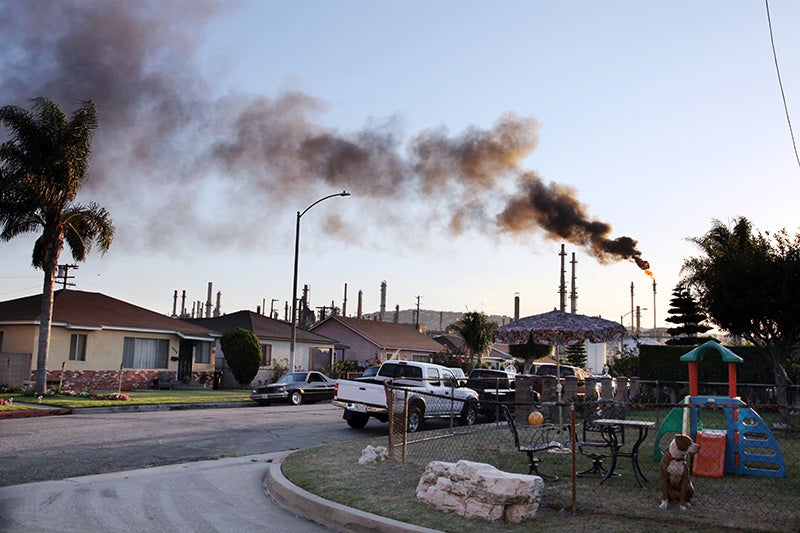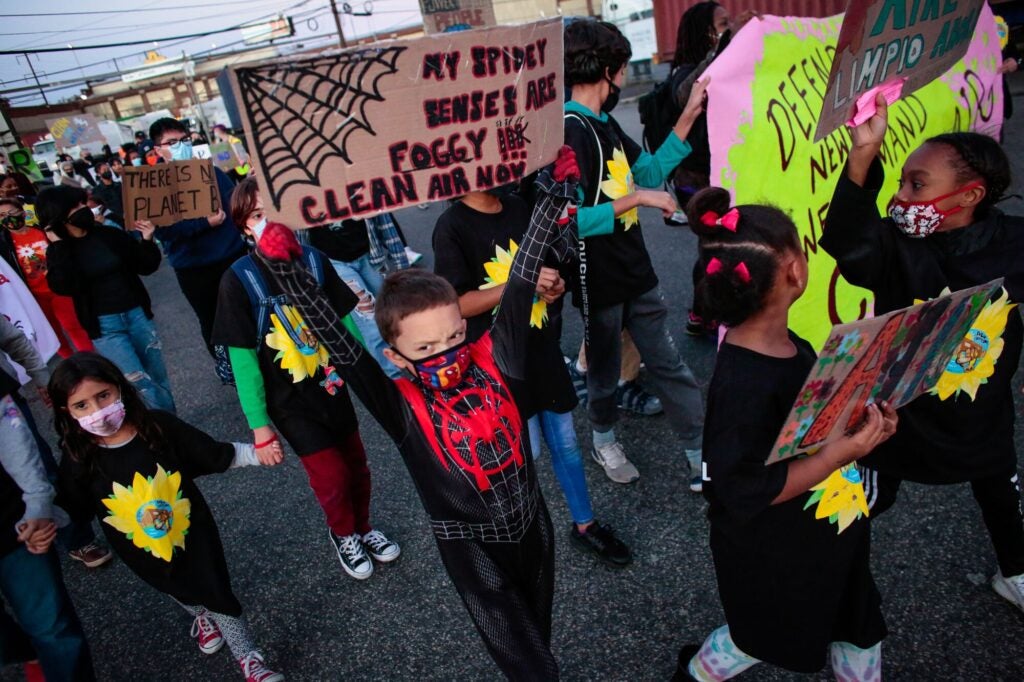Startup, Shutdown, and Malfunction (SSM) Reconsideration
Case Overview
Toxic air pollution from refineries, chemical plants, incinerators and other large industrial plants can increase to as much as ten times allowable levels during startup, shutdown, and malfunction events. Nonetheless, EPA’s regulations exempted plants from toxic emission limits during these periods. Moreover, though EPA requires plant operators to prepare a plan for minimizing emissions during these highly polluting periods, EPA did not require plants to comply with their plan and allowed the plan to be kept secret from the public.
In December of 2008, as a result of this lawsuit, this loophole was closed by a federal court. Industry groups appealed the decision, and in March 2010, the U.S. Supreme Court refused to review the case, effectively ending litigation.
Case Updates
Case page created on June 20, 2006.

